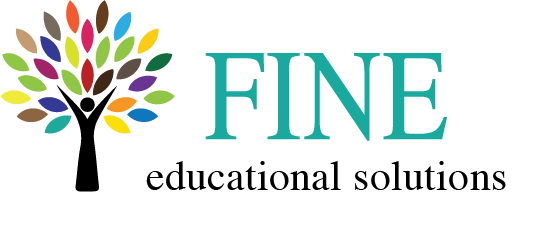The idea that everyone should do what they love is awesome!
Why then don’t I advise my clients to pursue passion in all absence of the reality that living life costs $$$$? Answer: Math.
REASON ONE: Average cost of four years at a public university: $71,188
REASON TWO: Average cost of four years at a private university: $184,056
REASON THREE: Four-year graduation at public institutions: 33.3%
REASON FOUR: Four-year graduation at private institutions: 52.8%
Source: The National Center for Education Statistics
Since college is a significant investment, I believe that the main reason to earn a degree is to create fulfilling (personal & financial) career opportunities that translate into the ability to live one’s best life.
Since most people spend more time at work than anywhere else, I recommend that juniors in high school identify and explore meaningful careers to pursue so that they don’t wait until a mid-life crisis to really think about what they want to do! Investing in a college degree(s) and choosing a career are too important to do in the absence of forethought and planning.
A way to ensure that one is on the right career path is to learn about the connections between personality and career fit. A good start is understanding Myers Briggs personality types (click HERE to take the free test) and by clicking here to take a free Holland Code Career Test, and by understanding how the information intersects to provide relevant career-related data.
To truly understand the real-world implications of personality and career data, investing time and energy into basic career analyses is a worthy use of time and resources. Hint: consider education required, salary, career outlook, and informal shadowing opportunities.
For those interested in a more comprehensive and strategic college and career exploration process, working with a professional who has expertise and access to tools only available to counselors is recommended. While I prefer the research supported, evidence-based GS120™ to help my clients understand how abilities, interests, values, and personality intersect to find the best career matches, it is not the cheapest option. That said, I believe so much in the effectiveness of the GS120™ that it is included in most of my comprehensive college counseling packages.
Ultimately, high school students do not need to know exactly what they want to do, but having a general sense of direction helps prevent wasting expensive time and money.
For more information on why and how to explore degree and career options while in high school, feel free to reach out at kathy@fineeducationalsolutions.com.
Tune in next week for tips for students who have no idea what to major in.


0 Comments